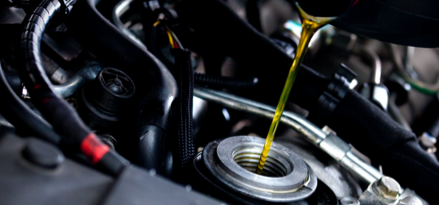
Money-saving questions for your mechanic
Most of us aren’t automotive experts, so there can be a lot of cost benefits to be had by discussing your car’s wellbeing with your mechanic. Think of it as asking your doctor for an early diagnosis: knowing what to ask could save you time and money in the long run.
Any helpful insight you gain from your mechanic will help you to understand your car better. Furthermore, it’ll help you to make more informed spending decisions.
Here are seven questions you should regularly ask your mechanic.
Note: $ - $$$ signs are indicative of the associated costs, where $ indicates a lower cost vs. $$$, a greater one.
-
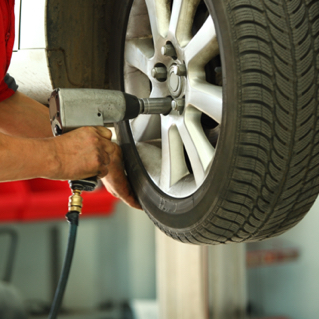 1. “Should I rotate my tires?”
1. “Should I rotate my tires?”Periodically changing the position of your tires from the front of the vehicle to the back, or from right to left, preserves balanced handling, helps maintain traction and evens out wear and tear across the tire tread pattern so that they last longer. You can ask your mechanic to do it for you, or teach you how to do it.
-
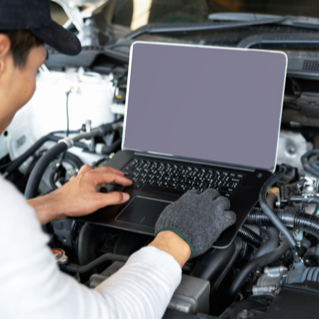
Knowing the performance status of your vehicle's engine can be difficult because it has so many different components. Even when your engine seems to be running perfectly well, it may still have a breaking part that is not yet showing any warning signs. Ask this question of your mechanic to identify any potential problems before they escalate.2. “How well is the engine performing?” -
 3. “How are my gears?”
3. “How are my gears?”Your car should run smoothly without any shaking, sudden jerks or grinding sounds. If you or your mechanic notice these issues occurring, there could well be a problem with the gear system. A noise in neutral gears, slipping gears or hesitation when shifting are all indications that something has gone wrong. If left unchecked, it could become much more serious.
-
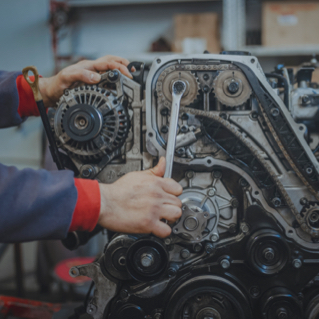 4. “How can I stop engine rust?”
4. “How can I stop engine rust?”Rust can eat away at vital metal components in your engine, but its presence doesn’t necessarily mean that a part needs to be replaced. Depending on how much rust your engine has, you may be able to remove it yourself, rather than change the entire engine. Begin by asking your mechanic’s advice. Should you decide to clean it yourself, be sure to understand beforehand what you can or cannot do to avoid causing further issues.
-
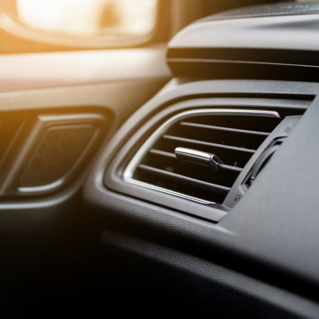 5. “Why is the AC blowing hot air?”
5. “Why is the AC blowing hot air?”Refrigerant is a specially formulated mixture in your car that helps the air-conditioning system run efficiently. Refrigerant levels can naturally decrease over time due to rubber wear, and as that accelerates, the affected engine part can fail. If you or your mechanic feels that the AC vents are not blowing cold air, or if you hear a clicking noise from the engine, it may mean that the unit needs to be repaired.
-
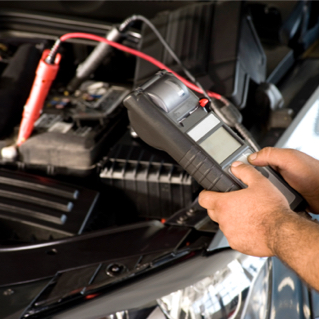 6. “How healthy is my battery?”
6. “How healthy is my battery?”Your car battery works together with more parts in your vehicle than you may realise. While it’s essential to the life of your vehicle, it can also cause lasting harm if it becomes severely damaged. The cost of changing your battery can vary depending on the car brand and type of battery. No matter if you’re driving a Honda, Toyota, or even a Porsche, be sure to enquire regularly about your battery’s health to avoid being left without power.
-
 7. “Did you notice any steering issues?”
7. “Did you notice any steering issues?”With steering issues, you should have plenty of warning. Early warning signs such as difficulty turning the steering wheel or wheel vibration often persist until they are repaired, or the entire system fails. Ask your mechanic as he or she may notice a subtle change to the health of the system before you experience any warning signs.
Keep discussing these topics with your mechanic and, over time, the car maintenance process will lose some of its mystery. It’s really not about choosing the most or least expensive services or parts but choosing what’s right for your engine.

